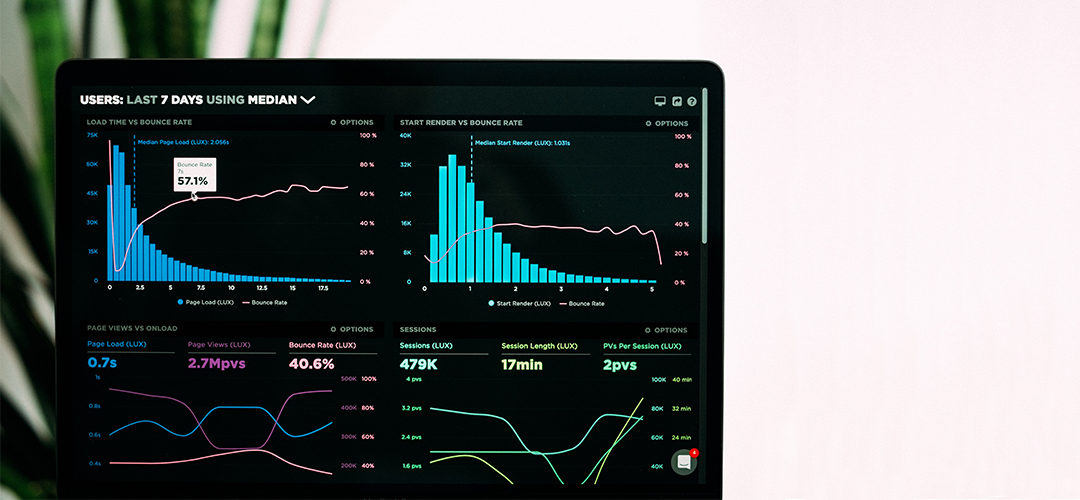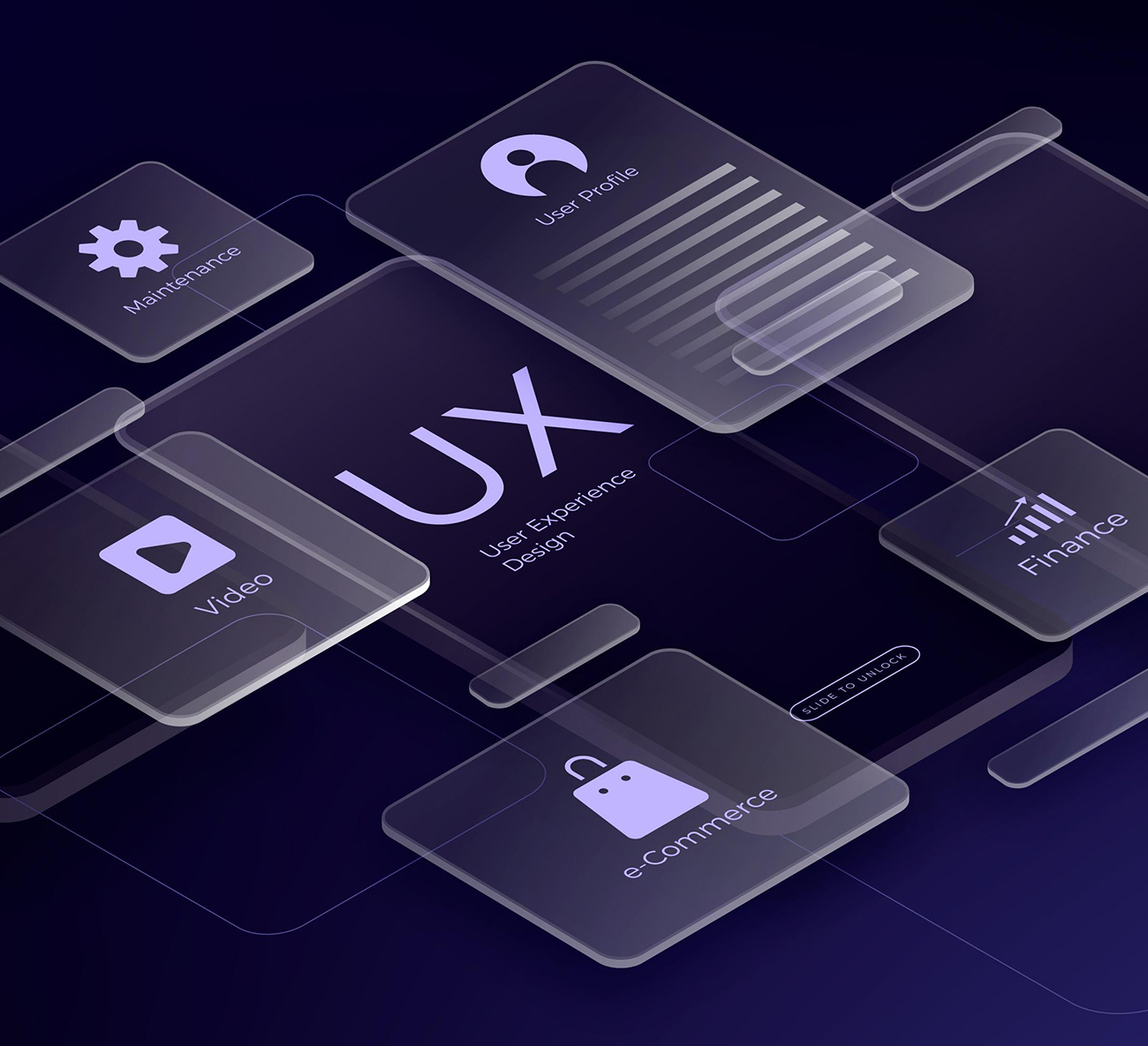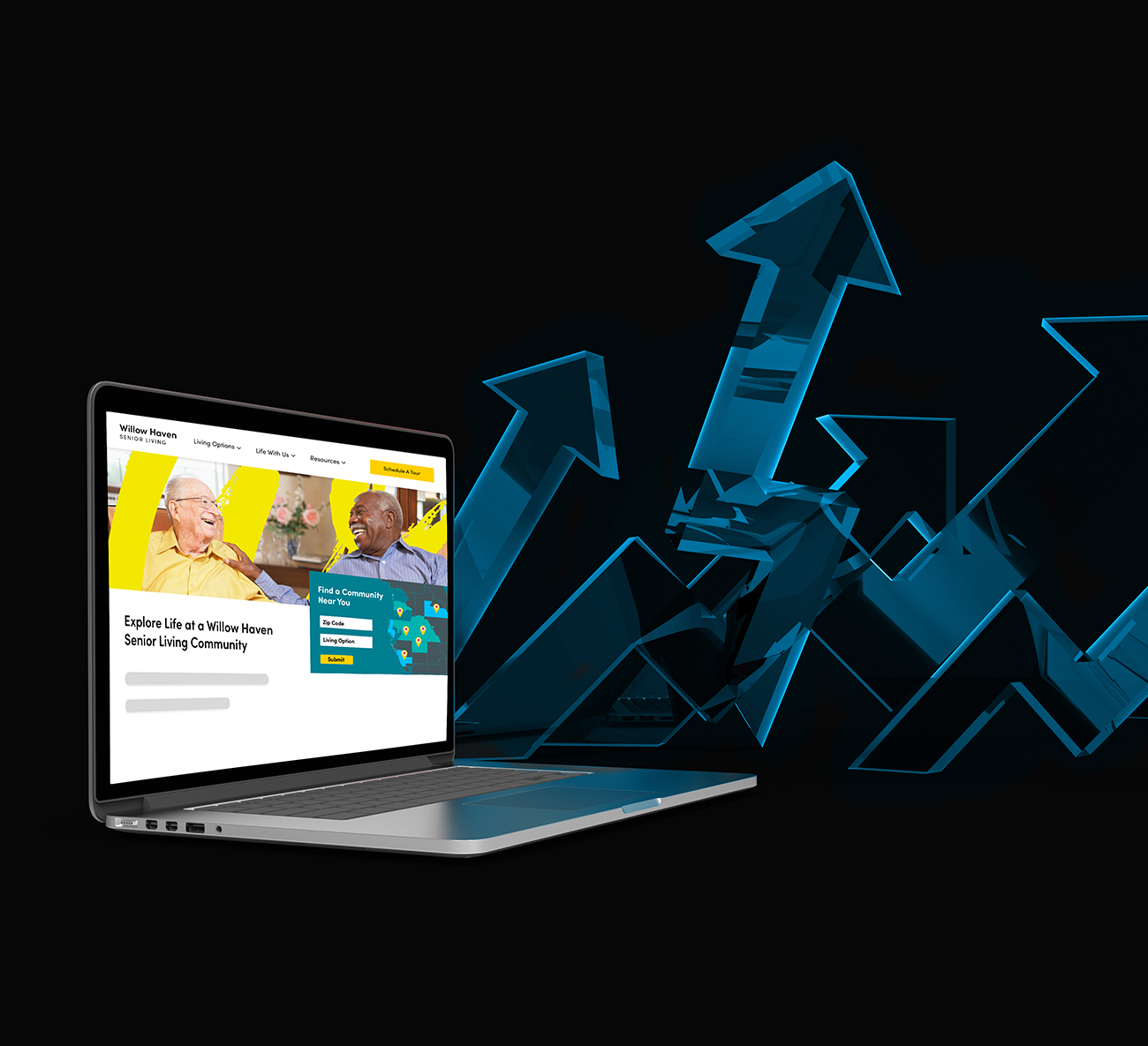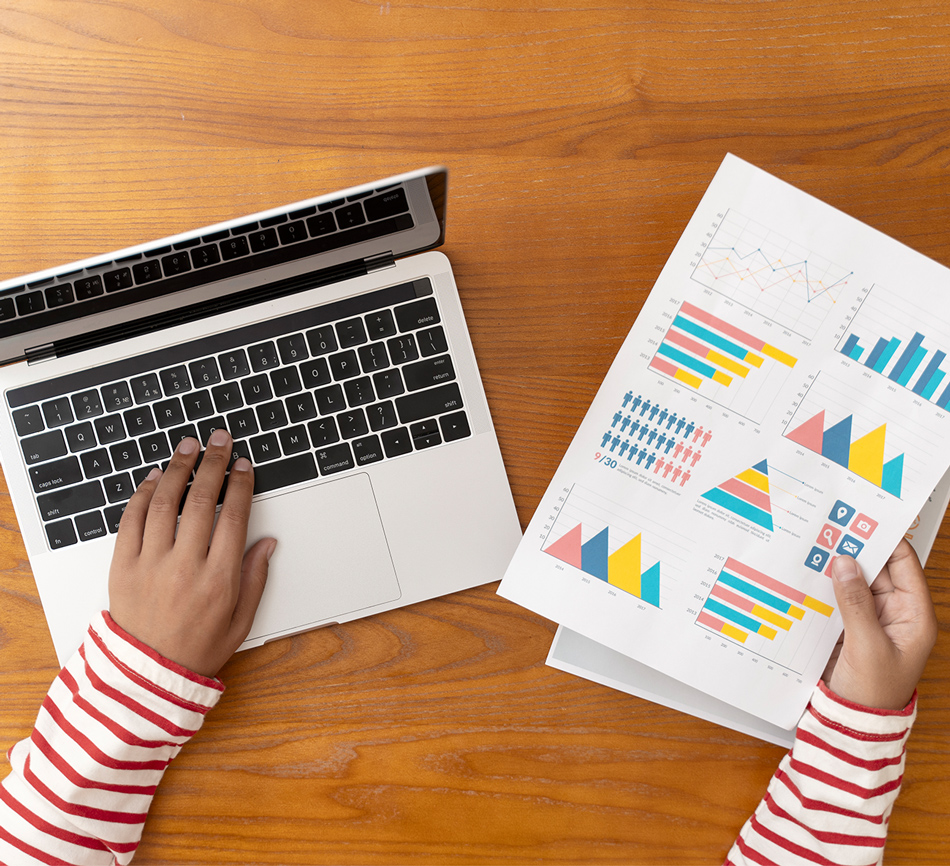Like everything else these days, advertising continues to evolve … rapidly. And well it should. After all, this is the 21st century and it would be a shame to waste all that excellent data everyone’s out there collecting. <nudge, wink>
Once upon a time, in the era of our grandparents, life was simpler and there were only a couple brands to consider, whether you were purchasing a car or a washing machine. An advertising agency, probably on Madison Avenue in New York, produced a well-orchestrated campaign that caught your eye, and you followed their lead, right into the dealership or appliance store.
Brand declaration
Before the internet, you had to actually go to a brick-and-mortar store to declare your brand loyalty by making a purchase. Now, we order online, have the item shipped and then feature it on our social media channels. No person-to-person interaction, unless there’s a problem. And sometimes, not even then.
With the explosive proliferation of brands in every category, dilution is inevitable, but certain brands, like cream, rise to the top and capture the imagination of the populace.
A brand agency triumphs when it succeeds in humanizing and personifying the brand, to the point that it resonates so strongly with the intended audience that the cash registers ring and life-long advocates are born.

Digital activation
The main difference between a branding agency and a digital agency, in a word, is activation.
Once a brand is conceived, designed and introduced, today it is the job of a digital agency to activate the brand, usually in an extremely targeted manner.
For digital advertising, very often, the campaign’s end-goal is singularly focused. Its purpose is to fill a pipeline or fill some other void, so today’s ads pop up on a gaming app or in front of a YouTube video because the numbers tell the marketers what you’ll be looking at, when and how. And if you’re in the target audience, you’re going to see that ad.
Measure engagement
What sets digital advertising apart is its ability to measure pretty much everything, all the time. By measuring continuously, if the numbers indicate a change in creative direction, in the digital world, it can be changed in a heartbeat, since it’s not printed and plastered across the side of a bus.
If the numbers are telling you something different from the predicted results, a change can be executed immediately in the digital agency environment. And then, the measurement cycle begins again.

Better together
It’s not an either-or kind of thing.
Branding and digital agencies complement each other well. Both are increasingly based on science, analytics and solid strategies. For a branding agency, the amount of science that goes into a new logo design is mind-boggling. Such finite details! Right down to the degree of a certain angle and the psychological impact of said angle.
It’s no different for a digital agency, honing the perfect message and delivery to urge a participant to engage, urging them further toward the desired goal. While carefully moving folks along the Customer Journey, digital marketing provides the kind of trackable, measurable results your CFO needs to justify and renew your advertising and/or marketing budget.
The difference is important
It really is important to understand the difference between a branding agency and a digital agency, as they have different end-goals. You can save yourself a lot of time and effort if you go looking for the right agency at the right time in your marketing and sales cycle.










